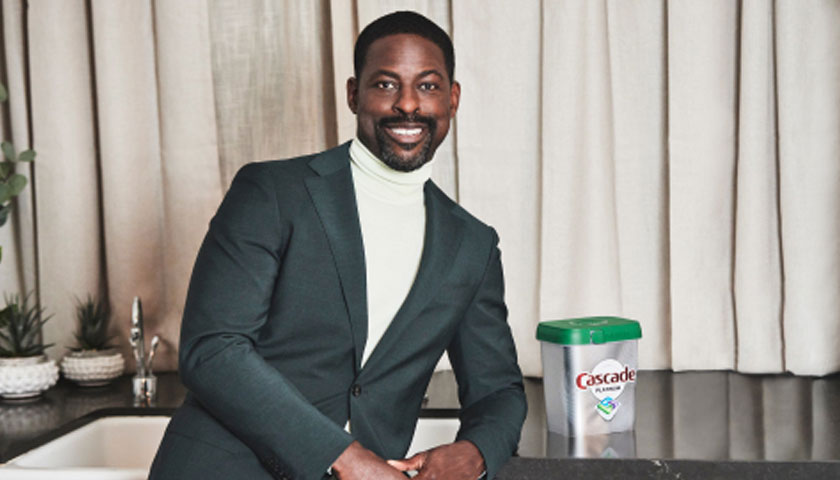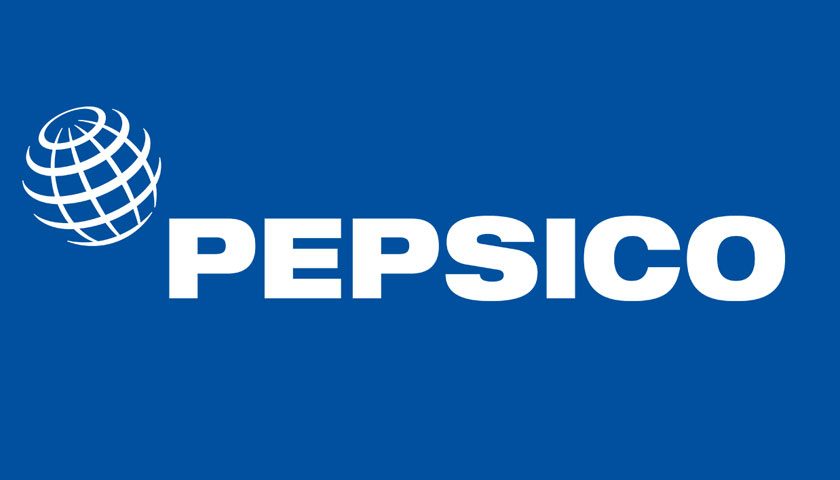Detergent brand Cascade has partnered with actor Sterling K. Brown to launch the second installment of its “Do It Every Night” initiative, revealing a dirty little secret: running your dishwasher every night uses less water and energy than washing dishes by hand.
In-home water and energy usage increased exponentially at the height of the pandemic, with the average U.S. home using nearly 21 percent more water per day, according to Phyn. Energy use has also spiked, according to the National Bureau of Economic Research, with Americans spending an additional $6 billion dollars on at-home power consumption. The good news? We can all help reduce water and energy consumption by making small changes to our daily habits, including the way we wash our dishes.
According to ENERGY STAR, certified dishwashers use less than four gallons of water per cycle compared to handwashing, which uses four gallons every two minutes. That means if you wash dishes by hand for just 10 minutes a day, switching to the dishwasher allows you to save 100 gallons per week. Plus, the dishwasher uses less energy than washing dishes at the sink, saving you up to $130 on your energy bill each year.
“Many people are surprised to learn that dishwashers are actually designed to be more efficient than the way most of us hand wash our dishes,” says Kristine Decker, Vice President of P&G’s North America Dish Care business. “According to ENERGY STAR, running the dishwasher uses half the energy compared to washing your dishes by hand. That’s why no one should feel guilty about letting the dishwasher handle the day’s worth of dishes.”
Since 1955, North America’s #1 recommended dishwasher detergent brand has continually innovated its products and methods to improve dishwashing and reduce water consumption. In fact, Cascade was the first brand to create a detergent that allowed people to skip pre-rinsing dishes before loading them into the dishwasher. Most recently, the brand introduced Cascade Platinum ActionPacs, with 50 percent more cleaning power. Cascade Platinum ActionPacs latch on to and break down leftover food solids, tackling the dirtiest of dishes without the need for a pre-rinse. The brand’s current “Do It Every Night” initiative is part of Cascade’s ongoing commitment to innovate and to advocate for responsible water consumption.
Last year, Cascade turned the “dishwashing is wasteful” myth on its head and used humor to motivate people to make changes in their dishwashing habits to help save water. Today, the brand is kicking off a partnership with actor Sterling K. Brown to help encourage people to forgo hand washing for the dishwasher through another educational and tongue-in-cheek content series urging people to save water and energy.
“We live in California, so saving water is always top of mind for me and my family,” said Sterling K. Brown. “We used to wash most of our dishes by hand. Then, I learned a little secret – that the dishwasher actually uses less than 4 gallons of water per cycle, so it turns out we were wasting a lot of water and energy by hand washing. Not anymore. Now, I let the dishwasher handle the dishes every night – saving water, time and energy.”
In addition to helping people save water at home, Cascade helps restore water to the environment through a partnership with the Bonneville Environmental Foundation’s ‘Change the Course’ program. Currently, Cascade is partnering on multiple projects in water-stressed regions across the country to rehabilitate important natural waterways and habitats, including the Sacramento River Basin, one of California’s most important water sources.
“Water issues across North America remain a top concern for people and businesses alike. Over the years, we’ve been able to bring companies and the public together to shrink our human water footprint and restore water to regions in need,” says Val Fishman, Chief Development Officer at BEF. “Not only is Cascade helping people conserve water in their daily lives, but the brand has supported projects that will restore more than 338 million gallons of freshwater to rivers and wetlands across the United States.”
To learn more about the effort, visit CascadeClean.com.



